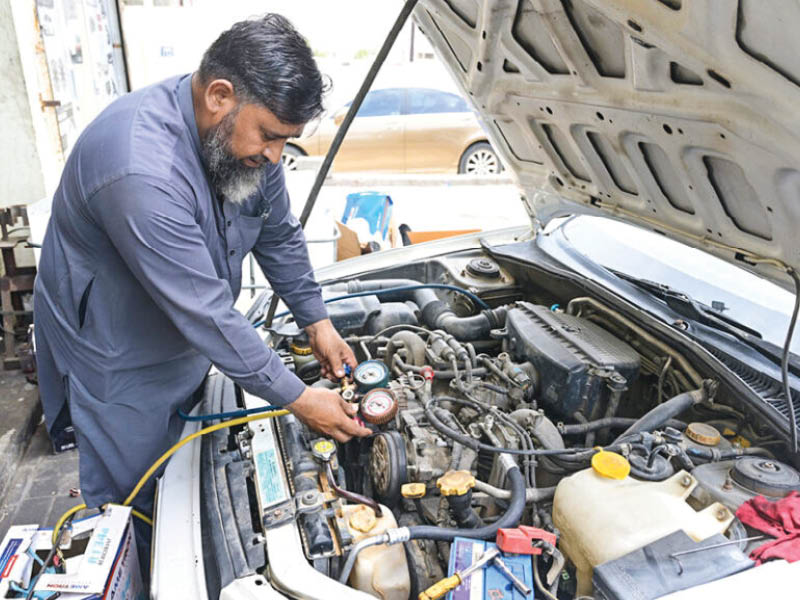MoCIIP reviews hypermarket practices, vehicle pricing gaps
Ministry of Commerce, Industry and Investment Promotion (MoCIIP) has completed two studies aimed at enhancing consumer protection and competitiveness in Oman’s retail and automotive sectors.
The first study reviewed practices in the hypermarket and consumer cooperative sectors. It recommended allocating land to cooperative societies under the usufruct system in coordination with Ministry of Housing and Urban Planning. MoCIIP is also finalising an incentive package to support these cooperatives.
To bolster e-commerce, the study proposed a dedicated digital platform and creation of a specialised e-commerce zone. A commercial complex for the zone is currently under development by Oman Investment Authority. Additionally, new regulations governing e-commerce were issued under Ministerial Decision No 499/2023.
Measures to support small and medium enterprises include the rollout of enterprise resource planning and accounting systems by Authority for Small and Medium Enterprises Development. Seasonal promotions and discount campaigns have also been introduced to stimulate retail activity.

The second study addressed pricing discrepancies in vehicles and spare parts between Oman and other GCC states. Consumer Protection Authority is expanding its price monitoring efforts and conducting regular cross-border price comparisons.
To improve services in the automotive sector, MoCIIP aims to attract regional headquarters of car manufacturers by highlighting Oman’s industrial and investment potential. A key recommendation, now included in the revised Commercial Agencies Law, requires authorised dealers to provide complete after-sales services – including spare parts and warranties – for all vehicles sold in the sultanate.
“These two studies are part of a broader series of regulatory and market assessments conducted in 2024,” a ministry official said. “These include a study to strengthen the pharmaceuticals and medical supplies sector, an analysis of brand pricing differences locally and regionally, and ongoing work on anti-dumping practices.”











